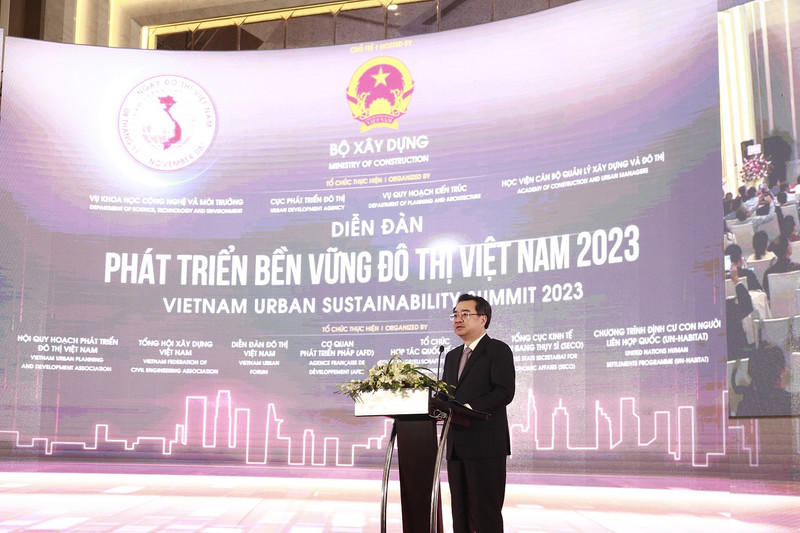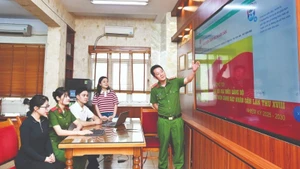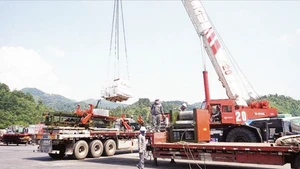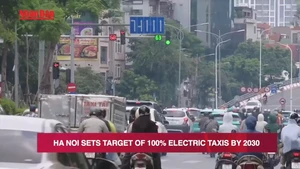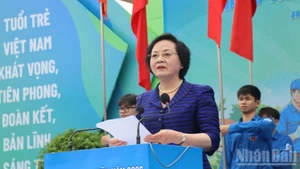Addressing the event, Minister of Construction Nguyen Thanh Nghi highlighted the achievements in Vietnam’s urban development after 35 years of renewal while also pointing out shortcomings in urban development that should be resolved in the coming time.
He noted that the Government issued an action plan that identifies 11 specific tasks for urban system development until 2030, including lawmaking and investment in urban infrastructure.
He said that the summit provides an opportunity for urban governments, managers, experts, organisations, and relevant communities to share and discuss knowledge, lessons, and practices to realise the key tasks set out in Party Resolution 06- NQ/TW and Government Resolution 148 on urban development in the new period.
The event discussed issues on sustainable urban management and development in Vietnam until 2030, with a vision to 2045, urban planning, digital transformation in urban development management, and urban development that is environmentally friendly and resilient to climate change.
According to the Ministry of Construction, by September 2023, Vietnam has 902 urban areas nationwide, including two special urban areas, 22 class-one urban areas, 35 class-two urban areas, 46 class-three urban areas, and 94 class-four urban areas. The country’s current urbanisation rate is estimated at over 42.6%.
